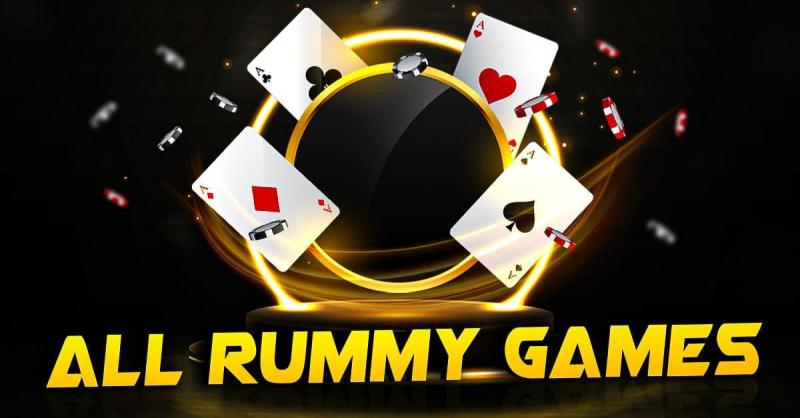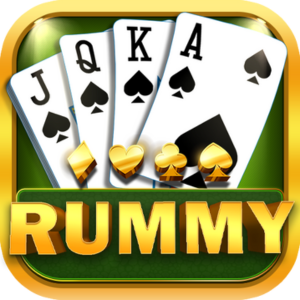Rummy, a timeless card game loved globally for its strategic depth and engaging gameplay, comes in various forms and variants. Each variant offers its own set of rules, challenges, and strategies, catering to players of all skill levels. This article delves into the most popular rummy games, highlighting their distinctive features and appeal.
1. Points Rummy
Overview: Points Rummy is the most basic and commonly played variant of rummy. It’s fast-paced and ideal for beginners to grasp the fundamentals of the game.
Objective: The goal is to meld cards into valid sets and sequences as quickly as possible. Players compete for points based on the value of cards melded at the end of each round.
Gameplay: Each game lasts for a single deal, where players compete to form valid sets and declare their hand first. Points are calculated based on the cards remaining in opponents’ hands.
2. Pool Rummy
Overview: Pool Rummy involves players contributing to a common pool (pot). The game continues until a player reaches a predefined score, either 101 or 201 points, depending on the variant.
Objective: The aim is to avoid reaching the maximum point limit, as players reaching it are eliminated. The last remaining player wins the game and the entire pot.
Gameplay: Players accumulate points based on the cards they meld into valid sets and sequences. The winner of each round collects points from opponents based on their remaining cards.
3. Deals Rummy
Overview: Deals Rummy is played for a fixed number of deals, typically 2 or 3. Each deal is played independently, and the player with the highest score at the end of the deals wins the game.
Objective: Win each deal by melding cards into valid sets and sequences while minimizing points. The player with the highest cumulative score at the end of all deals emerges as the winner.
Gameplay: Points are calculated based on the cards remaining in the losing players’ hands. The winner of each deal collects points from opponents, with higher stakes for each subsequent deal.
4. Indian Rummy
Overview: Indian Rummy, also known as Paplu, is a variant popular in India and similar to Gin Rummy. It features unique rules regarding the use of jokers and the requirement to meld all cards into valid sets and sequences.
Objective: Arrange all cards into valid sets and sequences, including the mandatory use of jokers. The first player to declare their hand wins the game.
Gameplay: Players draw and discard cards to form sets and sequences. Jokers can substitute any missing card in a set or sequence, facilitating quicker completion of hands.
5. Gin Rummy
Overview: Gin Rummy is a variant primarily popular in North America and known for its quick gameplay and strategic depth.
Objective: Arrange all cards into valid sets and sequences. The game ends when a player achieves Gin (melding all cards) or Knock (melding most cards with minimal unmatched cards).
Gameplay: Players draw and discard cards strategically to form melds. The game rewards players for quick thinking and strategic planning.
6. Rummy 500
Overview: Rummy 500, also known as Pinochle Rummy, is a variant that combines elements of Rummy and Pinochle, known for its scoring system and unique melding rules.
Objective: Score points by melding cards into valid sets and sequences, with higher points awarded for more complex melds.
Gameplay: Players draw and discard cards to form melds and score points. The game’s complexity lies in its unique scoring system, rewarding players for strategic play.
Conclusion
Rummy games come in various forms, each offering a unique blend of strategy, skill, and excitement. Whether you prefer the quick pace of Points Rummy or the strategic depth of Gin Rummy, there’s a rummy variant suited to every player’s preferences. Explore these diverse rummy games to sharpen your skills, enjoy competitive gameplay, and connect with players worldwide in this timeless card game.






